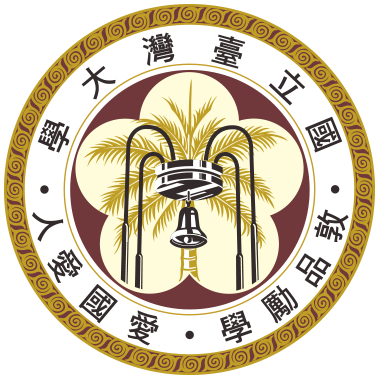In everyday life, various bodily experiences typically stem from a first-person perspective. Many philosophers and scientists have long believed that bodily experiences from the first-person and third-person perspectives are fundamentally different. Led by Professor Caleb Liang from the Department of Philosophy at National Taiwan University, the "Philosophy and Virtual Body Lab" has recently made a breakthrough in research by transcending the limitation that bodily experiences can only originate from a first-person perspective. They discovered that in virtual reality experiences, participants could develop a sense of ownership over a virtual body seen from a third-person perspective, leading to changes in "body-location" and "self-location" sensations. This research finding was published in the interdisciplinary journal Virtual Reality in 2024.
In contemporary discussions on bodily experiences and self-awareness, the line between philosophy and science has become increasingly blurred. What factors contribute to a person feeling a sense of ownership over a particular body? Under normal circumstances, we cannot experience a first-person perspective detached from the body. However, through VR technology, participants can experience situations where they must turn their heads to see their bodies a short distance away, while their viewpoint remains empty. In this study, subjective experiences such as body ownership, movement sensations, body location, and first-person perspective location were measured. This was complemented by analyzing participants' skin conductance responses when their virtual bodies were threatened and their perception of the distance of a ball appearing in different locations. Surprisingly, many participants developed a sense of body ownership over a virtual body observed from a third-person perspective, challenging the notion that a first-person perspective is a necessary condition for generating bodily illusion experiences, as previously believed by many scholars.
Through VR research, Professor Liang's team has uncovered innovative possibilities for the plasticity of bodily ownership sensations. They have integrated philosophy of mind and empirical science in a cross-disciplinary manner to enhance understanding of bodily experiences and self-awareness. This research breakthrough challenges the mainstream views in the international academic community and demonstrates NTU's research strength and pioneering spirit in emerging academic fields.

Read in Chinese: https://www.ntu.edu.tw/spotlight/2024/2250_20240327.html


